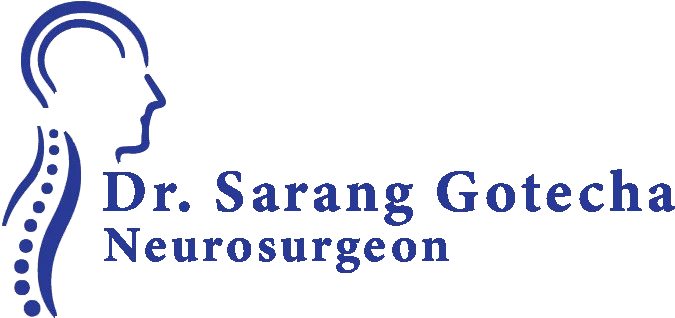Skull Base Neurosurgery
What is Skull Base Neurosurgery ?
Skull base neurosurgery involves the surgical treatment of abnormalities, tumors, or disorders located at the base of the skull, where the brainstem, spinal cord, and major arteries are situated. This area is particularly complex due to the presence of crucial nerve pathways and blood vessels.
Common Conditions Treated
- Brain Tumors : Benign and malignant tumors located at the skull base.
- Vascular Malformations: Abnormal blood vessel growths or aneurysms.
- Pituitary Tumors: Tumors affecting the pituitary gland at the base of the brain.
- Meningiomas : Tumors arising from the membranes surrounding the brain and spinal cord.
- Cranial Nerve Disorders : Conditions affecting the cranial nerves, such as vestibular schwannomas.
- Trigeminal Neuralgia : A chronic pain condition affecting the trigeminal nerve.

Benefits of Skull Base Neurosurgery
- Minimized Risk :
Expertise in handling delicate brain structures reduces the risk of complications.
- Quicker Recovery :
Minimally invasive procedures and advanced techniques lead to faster recovery times.
- Improved Quality of Life :
Effective removal or treatment of tumors and conditions enhances the patient’s quality of life, allowing them to return to daily activities sooner.
- Precise Tumor Removal :
Advanced imaging and navigation technology ensure that tumors are removed with minimal disruption to surrounding tissues.
Causes and risk factors for skull base tumors :
- Previous radiation therapy to the head
- Exposure to chemicals like vinyl chloride, arsenic and herbicides
- Certain genetic conditions
- Smoking
- Drinking alcohol
Symptoms of Skull Base Brain Tumors
- Headaches
- Pain or numbness or weakness in the face
- Difficulty breathing
- Shortness of breath
- Recurrent sinus problems
- Altered sense of smell
- Blurred or double or loss of vision
- Trouble swallowing and frequent choking
- Hearing loss
- Ringing in the ears (tinnitus)
- Loss of balance
- Nausea and vomiting
- Memory loss
